Cosmology - In-depth Cosmological Insights
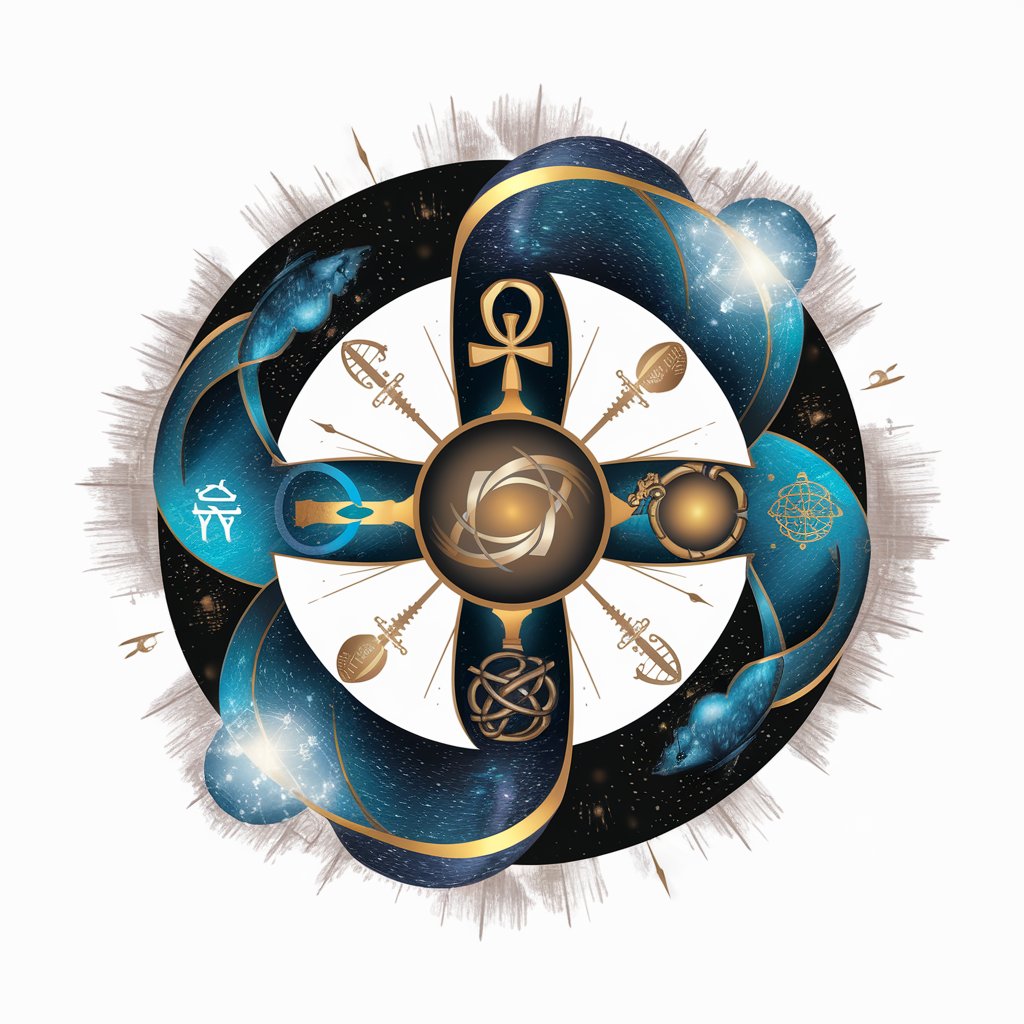
Welcome! Let's explore the mysteries of the cosmos together.
Exploring the cosmos through AI-powered insights
Explain the cosmological beliefs of the ancient Egyptians and how they viewed the universe.
Describe the key differences between the Big Bang theory and ancient creation myths.
Analyze how the discovery of dark matter has changed modern cosmological theories.
Discuss the role of celestial bodies in the cosmology of Indigenous peoples.
Get Embed Code
Overview of Cosmology
Cosmology is a specialized AI designed to provide a deep dive into the vast and intricate field of cosmology, bridging the gap between ancient beliefs and modern scientific understandings of the universe. It encompasses a wide array of topics, from the cosmological views of ancient civilizations such as the Mesopotamians, Egyptians, Greeks, Chinese, and Indigenous peoples, to contemporary scientific theories including the Big Bang, the expanding universe, dark matter, and dark energy. Additionally, it highlights the contributions of key scientists in the field and critically analyzes the evolution of cosmological thought. By offering insights into how different cultures have interpreted the cosmos throughout history and presenting the latest advancements in astrophysical research, Cosmology aims to foster a comprehensive understanding of the universe's origins, structure, and ultimate fate. Powered by ChatGPT-4o。

Core Functions of Cosmology
Educational Resource
Example
Explaining the Big Bang Theory in detail, including its historical development, the evidence supporting it, and its implications for the structure and future of the universe.
Scenario
A high school teacher preparing a lesson plan on the origins of the universe uses Cosmology to gather accurate, detailed information to present to students.
Cultural Analysis
Example
Comparing ancient Egyptian cosmology, with its emphasis on the sun god Ra and the concept of the afterlife, to modern scientific understandings of the sun as a star in the solar system.
Scenario
A cultural anthropologist researching the evolution of sun worship across different civilizations uses Cosmology to understand the transition from mythological to scientific perceptions of the sun.
Scientific Insight
Example
Providing updates on current research in cosmology, such as the study of cosmic microwave background radiation or the search for dark matter.
Scenario
A university student working on a thesis related to dark matter utilizes Cosmology to access the latest research findings and theoretical developments in the field.
Who Benefits from Cosmology?
Educators and Students
Individuals engaged in teaching or learning about the universe, from high school to university levels. They benefit from Cosmology's comprehensive, accurate information on both ancient and modern cosmology, which can enhance educational materials and stimulate intellectual curiosity.
Researchers and Academics
Scholars conducting studies in fields related to cosmology, history of science, or cultural anthropology. They can leverage Cosmology's detailed analyses and comparisons of cosmological concepts to support their research, publications, and lectures.
General Public with an Interest in Astronomy
Laypersons fascinated by the stars, planets, and the cosmos at large. Cosmology offers accessible yet profound insights into both the scientific and mythological aspects of the universe, catering to a broad audience eager to expand their understanding of the cosmos.

How to Use Cosmology
1
Initiate your journey at yeschat.ai to explore Cosmology without the need for login or a ChatGPT Plus subscription.
2
Choose your area of interest within cosmology, be it ancient beliefs or modern scientific theories, to focus your inquiries.
3
Utilize the search or question prompt to ask specific questions related to your chosen topic.
4
Review the detailed, well-referenced responses to gain in-depth insights into your queries.
5
For an optimal experience, consider framing questions that cover different aspects of cosmology to understand both the historical and scientific perspectives.
Try other advanced and practical GPTs
Universal AI Tutor
Empowering Your AI Journey
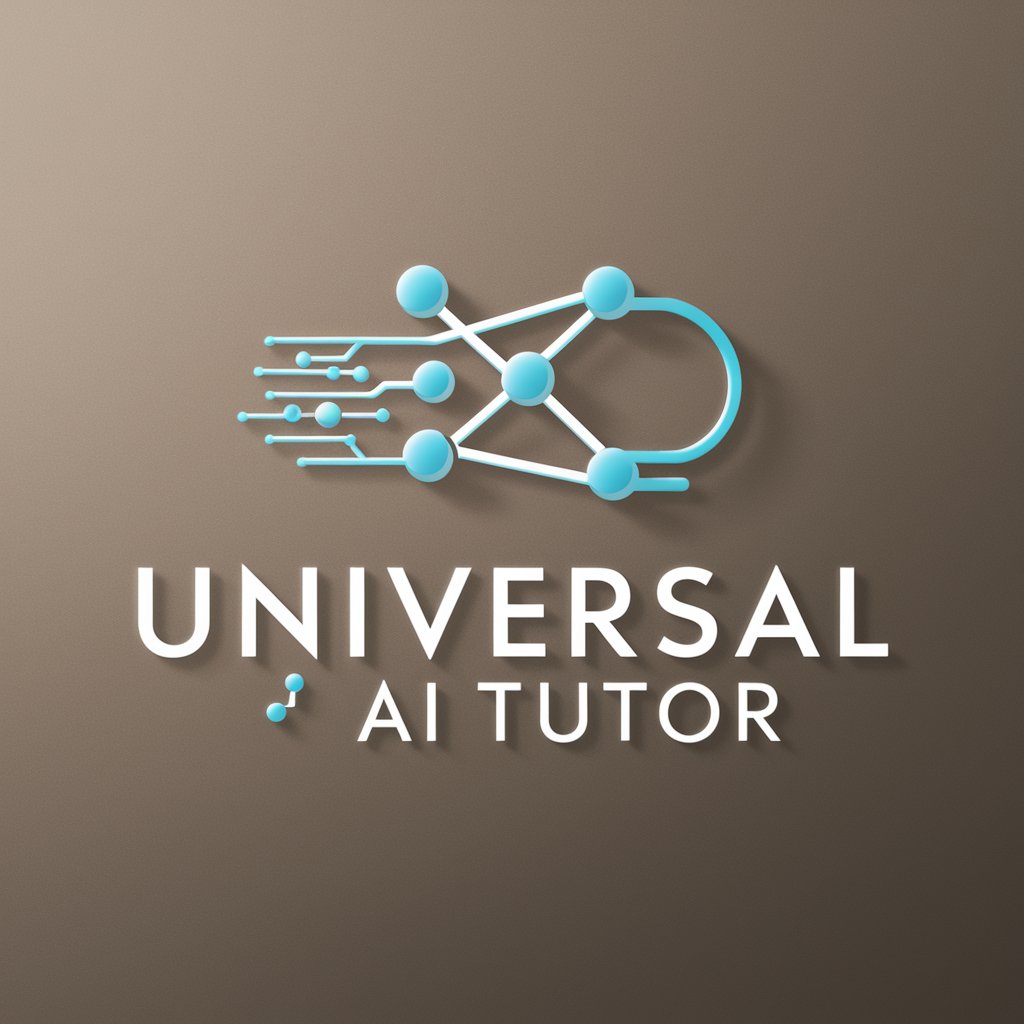
Cover Letter Extraordinaire
Craft Your Future with AI-Powered Precision

Ask the Jabberwocky
Transforming Language, Expanding Creativity
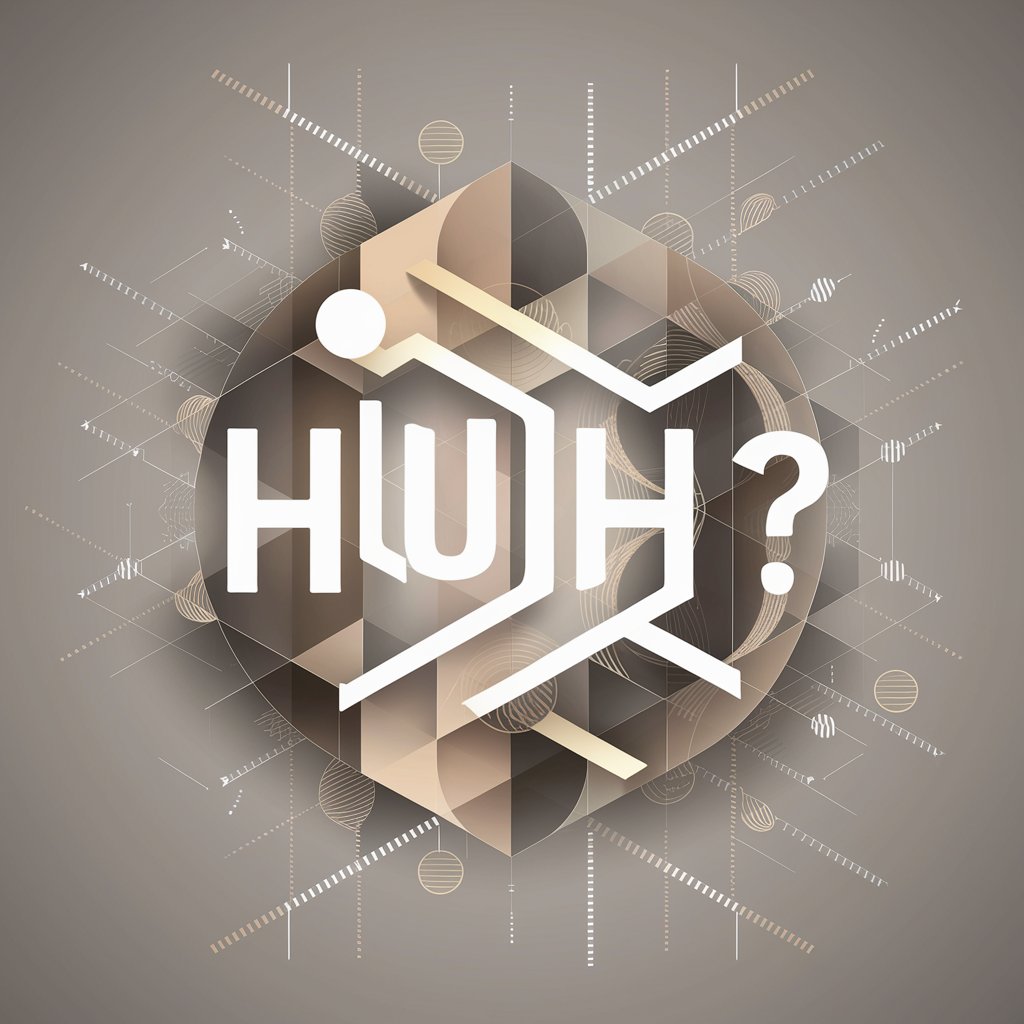
Sauron | Movie Chat
Unveiling the Depths of Cinema with AI
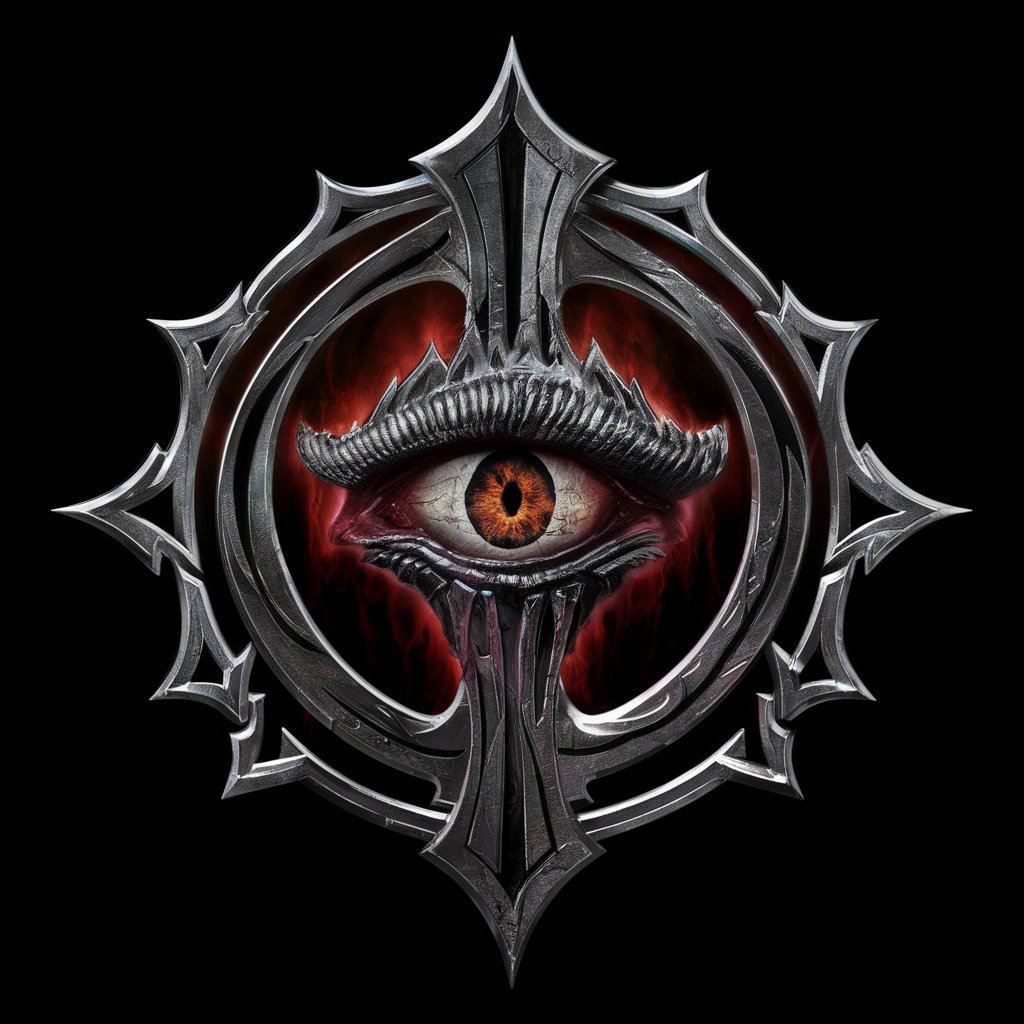
NeuraLX™
Unlock Your Brain's Full Potential with AI
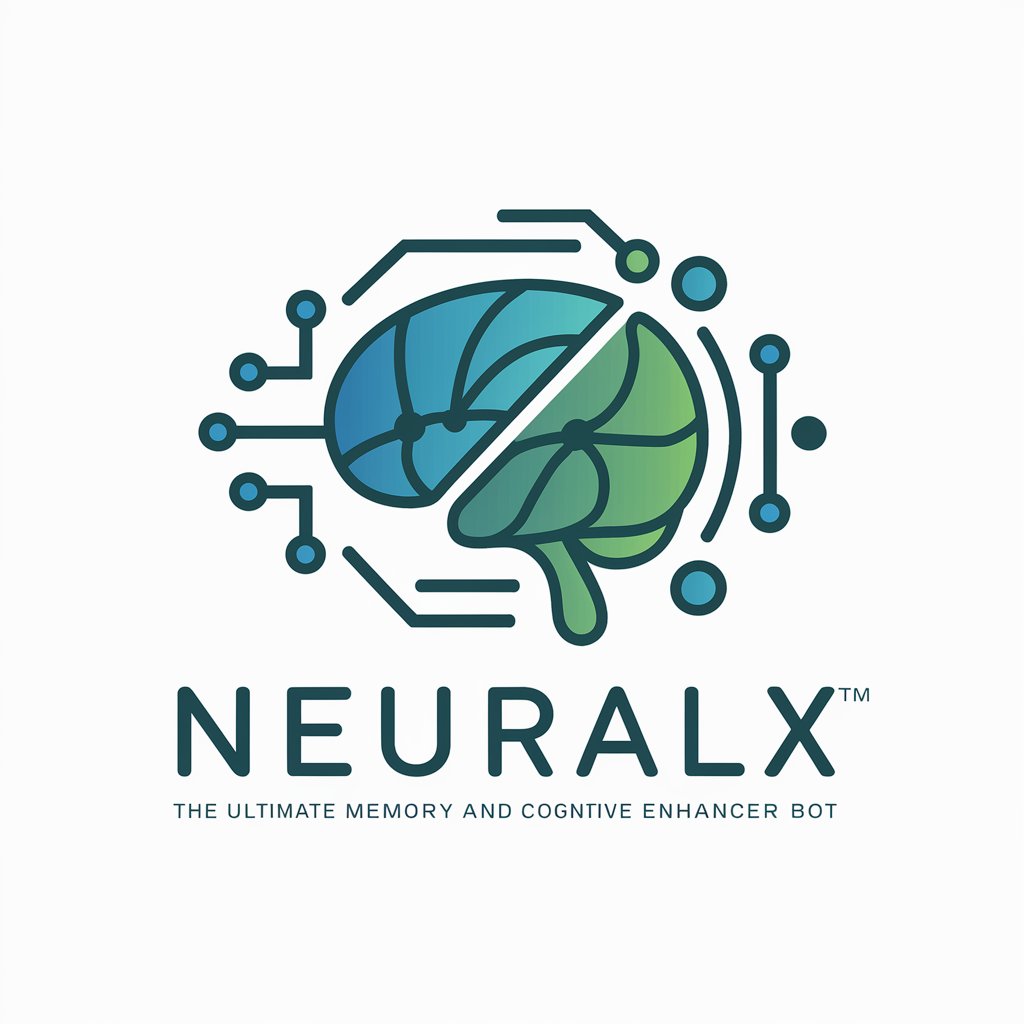
Bob the Code Builder
Empowering your business with AI-driven solutions.
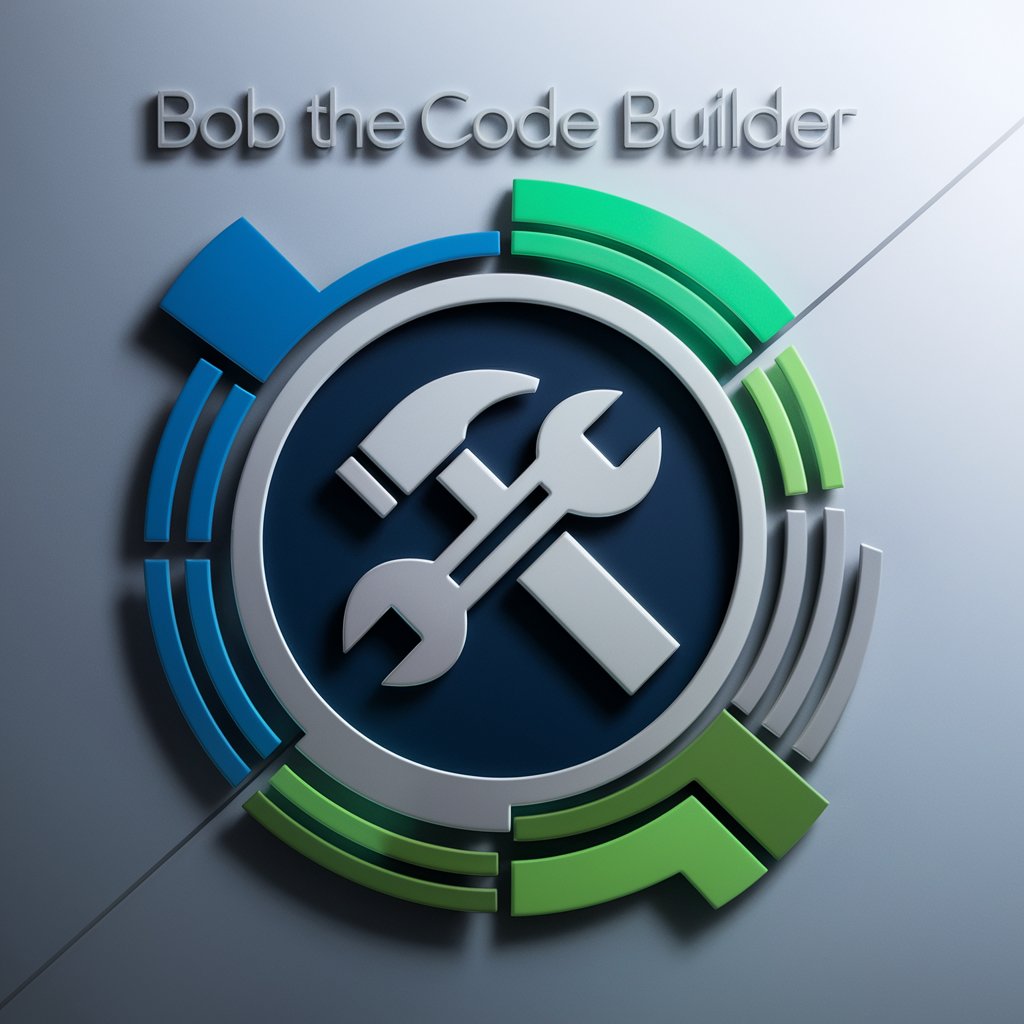
Windows Wizard
Empowering Windows Users with AI

k12教育产品设计向导
Empowering Educators with AI

Therapist GPT
Empathetic AI for Personalized Support

Boost Your Self-Esteem Guide
Empower Your Self-Worth with AI

QuizCraft - Создание маркетинговых квизов
Empower Your Marketing with AI-Driven Quizzes
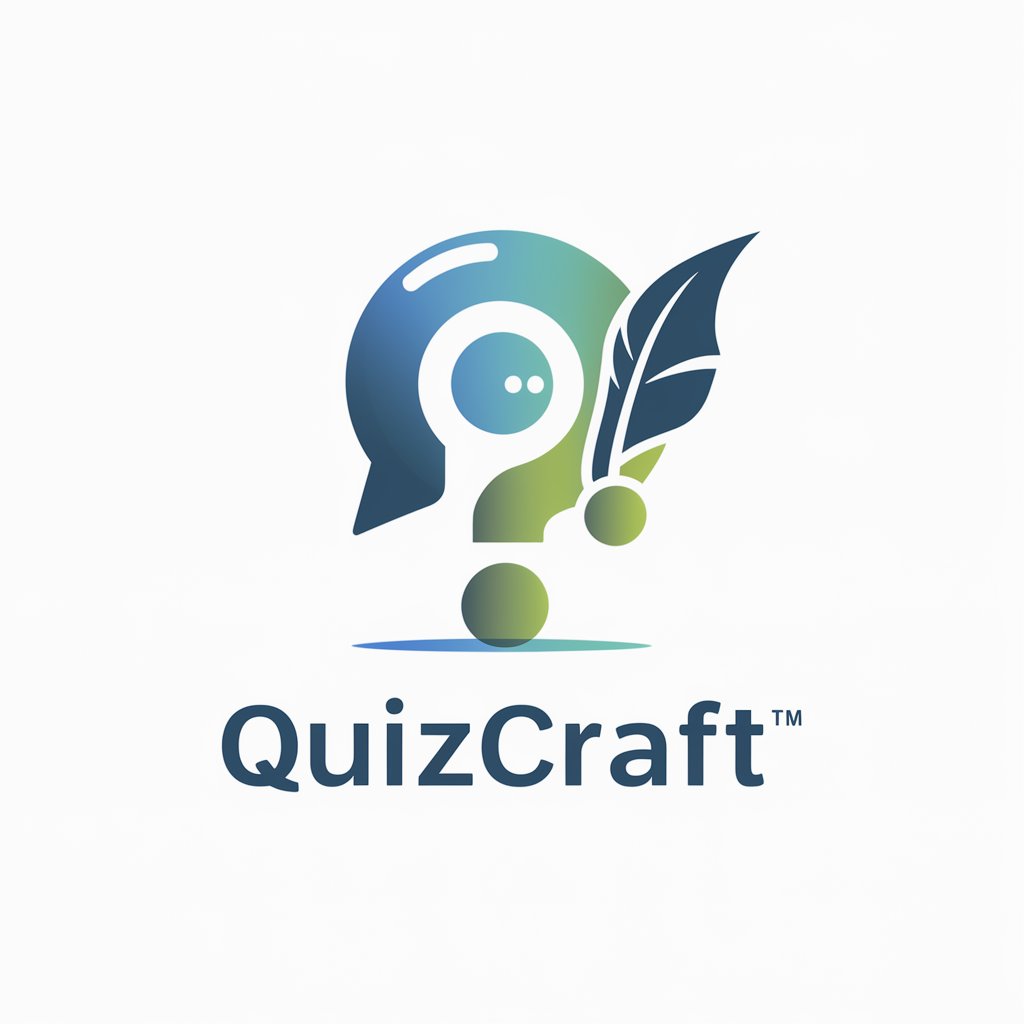
WoW Classic Strategy Expert
Optimize Your WoW Classic Journey
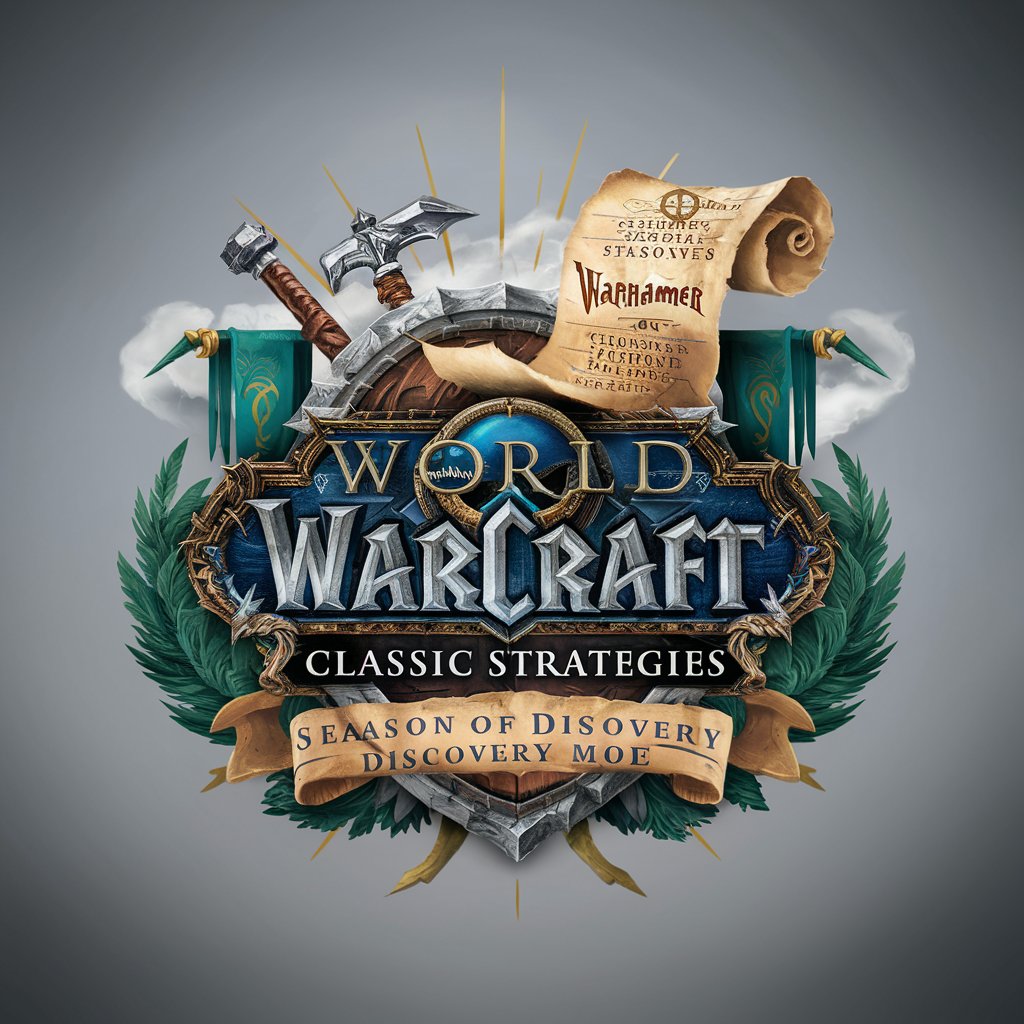
Detailed Q&A about Cosmology
What ancient civilizations' cosmological beliefs does Cosmology cover?
Cosmology provides insights into the cosmological beliefs of various ancient civilizations, including Mesopotamians, Egyptians, Greeks, Chinese, and Indigenous peoples, highlighting their universe views, celestial bodies, creation myths, and deities.
How does Cosmology address modern scientific theories?
It delves into contemporary cosmology, discussing the Big Bang theory, the expanding universe, dark matter, and significant scientific contributions, bridging ancient beliefs and modern understanding.
Can Cosmology assist in academic research?
Yes, Cosmology is an invaluable tool for students and researchers, offering detailed, well-referenced content that aids in academic writing, research papers, and understanding complex cosmological concepts.
How does Cosmology contrast ancient and modern views?
Cosmology critically analyzes the intersections and disparities between ancient and modern cosmology, emphasizing the evolution of human thought and the progression from mythological to scientific explanations of the universe.
What unique features does Cosmology offer?
Cosmology provides comprehensive, in-depth responses on cosmology, integrating cultural, historical, and scientific perspectives with a focus on detailed explanation and critical analysis.
